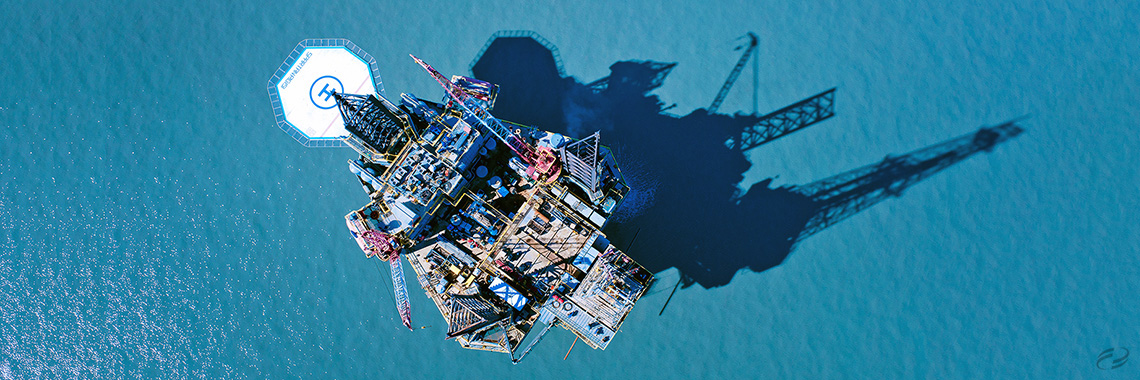- Long-term supply agreements provide planning certainty
- Lower costs for new investments due to oil price crisis
Luxembourg, 11 February 2016: The currently low oil price has no effect on the business model of Deutsche Oel & Gas S.A. In fact, it has positive effects for the company, which has been feeding natural gas into the supply network in Southern Alaska since November 2015. The decline in crude oil exploration activities and the resulting decrease in the cost of exploration specialists and equipment worldwide mean that specialists and drilling equipment are cheap. The Deutsche Oel & Gas Group was therefore able to lease the drilling platform Randolph Yost at much more favourable conditions than it would have been able to just two years ago.
To date, Deutsche Oel & Gas S.A. has been producing solely natural gas, and benefits from the special market situation in Alaska, which allows for prices above the going market rate. Due to its geographical position, Alaska is separated from the rest of the U.S. market – although sufficient gas reserves are available, these have not been exploited yet, and current gas production does not meet local demand/consumption. The resulting energy supply bottleneck leads to gas prices of more than three times the current U.S. reference price (the Henry Hub price). Transporting gas from the other states of the USA to Alaska is not cost-effective.
The State of Alaska therefore supports investment in the exploitation of gas and oil deposits with substantial subsidies. As a result, companies like Deutsche Oel & Gas are reimbursed around 65% of their drilling costs and around 45% of their infrastructure spending in the form of tax credits or investment subsidies. The authority responsible recognises well KLU#3 in the Kitchen Lights Unit production region of Deutsche Oel & Gas S.A. as an official discovery well for four previously undiscovered production zones, and has therefore reduced the royalties rate from 12.5% to 5.0%.
